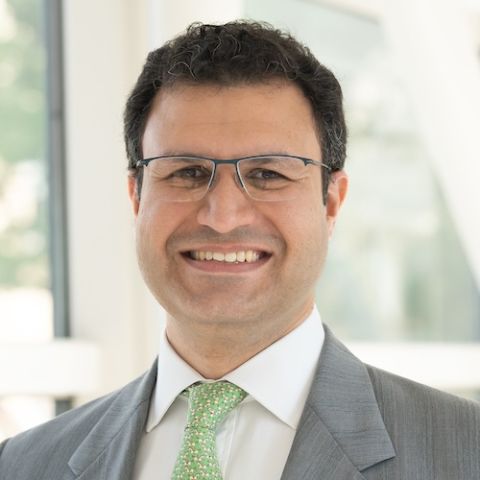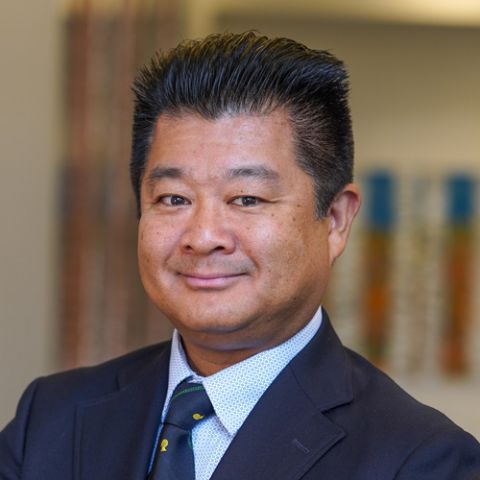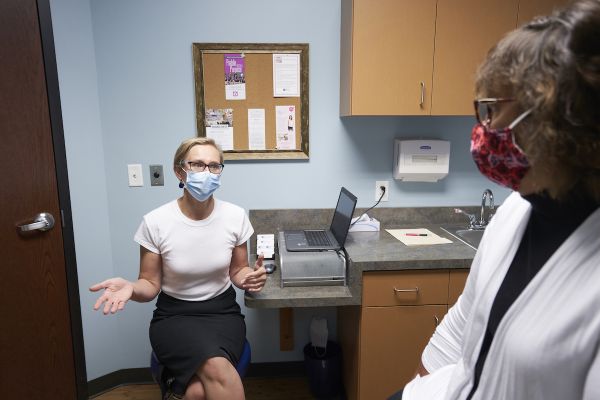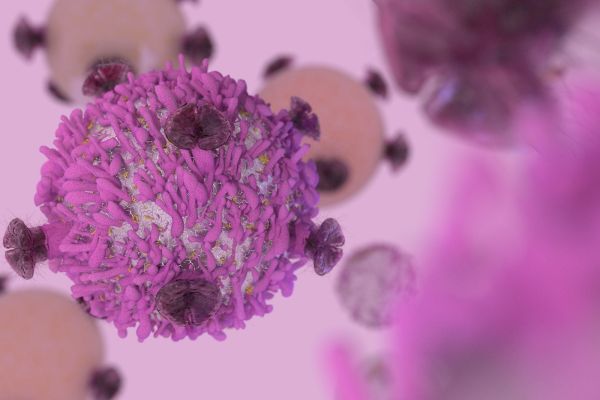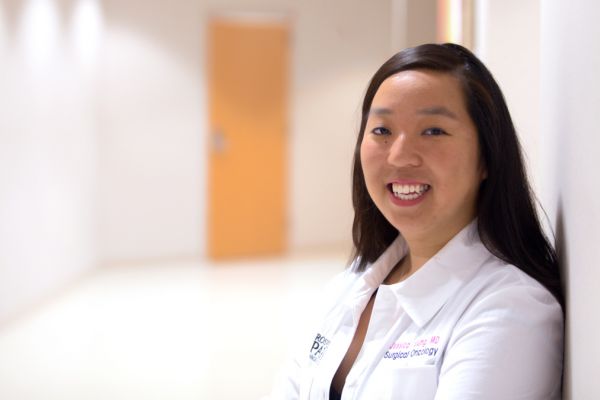New drugs, new combinations of drugs and a surprising use for lidocaine are among the latest approaches to treating breast cancer at Roswell Park
New drugs, new ways to use old ones, and changing the sequence of when to use medical therapy are among the newest approaches helping to improve survival rates for people diagnosed with breast cancer.
Using a “sandwich approach” to drug therapy
For early-stage breast cancer that’s confined to the breast or nearby lymph nodes, the first option is to remove tumors, then try to prevent the cancer from coming back using either drug therapy or radiation.
“Now, experts are changing that sequence and using drug therapy before surgery, called neoadjuvant therapy; and after surgery, called adjuvant therapy. You have drug therapy in this kind of sandwich approach where drug therapy happens before and after surgery,” explains Sheheryar Kabraji, MD, Chief of Breast Medicine at Roswell Park Comprehensive Cancer Center.
“Neoadjuvant treatment uses drug therapy to shrink the tumor, whether it’s in the breast or lymph nodes. Adjuvant therapy is given after surgery to prevent cancer from coming back, helping to achieve a cure.”
This before-and-after-surgery “sandwich approach” also improves the eradication of micro metastatic disease, which happens when cancer cells leave the breast early in breast cancer development and find a home in another organ. The sandwich approach combines standard chemotherapy and newer immunotherapies to effectively treat all breast cancers — including hard-to-treat triple negative breast cancer and HER2-positive breast cancer.
Personalizing chemo-immunotherapy for breast cancer
Chemotherapy has been used for many years to treat breast cancer before surgery and generally describes the many drugs, or combination of drugs, that kill or damage cancer cells. Immunotherapy defines drugs that use your own immune system to fight your cancer. Combining both types of drugs, a more recent addition to the arsenal against aggressive breast cancer, is called chemo-immunotherapy.
The specific drugs your care team chooses for your chemo-immunotherapy are personalized according to the molecular subtype of your breast cancer, and to your response to treatment. The combination of chemo-immunotherapy you are given after surgery may differ from what was used before the surgery.
“It’s what we call adaptive therapy, which means depending on the response to treatment, the choice of drugs after the surgery can change. The addition of immunotherapy improves the pathological response rate. As a consequence of improving the response rate, it also reduces the recurrence rate and helps people to live longer,” says Dr. Kabraji.
“One hypothesis is that immunotherapy improves outcome when the primary tumor is present because it can actually educate the immune system against the tumor it’s supposed to be fighting,” says Dr. Kabraji. “That’s why giving these drugs before surgery matters, and this is the first group of drugs for which this has been shown to be true when you give them in the neoadjuvant setting in breast cancer.”
Immunotherapy drugs have made a tremendous impact in treating other cancer types in the last decade but have not shown the same success against breast cancer. One reason may be that breast tumors typically have a dense fibrous tissue structure that prevents immunotherapy drugs from reaching the cells. Other reasons include that breast tumors don’t express enough markers for the immune system to recognize and that the tumor cells themselves may suppress the immune system.
However, new ways of using immunotherapies have improved their effectiveness against breast cancer: For aggressive breast cancer patients, particularly those with triple-negative breast cancer, combining chemotherapy with immunotherapy like pembrolizumab (Keytruda) has improved survival rates and is now an approved treatment option. Ibrance is a targeted therapy that can be combined with hormone therapy for improving outcomes for patients with metastatic HER2-positive cancer.
Roswell Park has been at the forefront of immunotherapy research for many years and is now expanding ability to bring these emerging therapies to more patients faster.
Why choose Roswell Park for breast cancer treatment?
We offer treatments at the forefront of cancer care, plus clinicians with the knowledge and experience to use them.
Antibody drug conjugates for breast cancer
Antibody drug conjugates are a combination of two types of drugs: One part is a targeted therapy drug which finds cancer cells by seeking out and attaching to a specific gene alteration, mutation or protein on cells. The other part is the anti-cancer drug - sometimes a chemotherapy drug – that can actually kill the cancer cells. Antibody drug conjugates deliver chemotherapy to cancer cells without harming healthy cells.
“Antibody drug conjugates as a class have been around for a long time, but it’s only in the last two or three years that there has been more excitement about their use because they demonstrated really remarkable effectiveness in breast cancer, especially against previously treated tumors,” advises Dr. Kabraji.
Among the newer antibody drug conjugates, Enhertu has proven effective in treating aggressive HER2-positive cancers, especially when used before surgery. Kisquali is an immunotherapy drug that is sometimes combined with hormone therapy for treatment-resistant HER2-positive cancer.
A surprising way to use lidocaine
Injection of lidocaine around the tumor instead of under the skin may be a viable, low-cost, easily implemented intervention for improving outcomes for people with early-stage breast cancer. Lidocaine, known primarily as a pain-killing agent, was found to increase survival and decrease mortality and can be used to improve the survival of any subtype of breast cancer.
“With this very commonly used drug, you get a statistically significant benefit in survival,” explains Kazuaki Takabe, MD, PhD, Chief of Breast Surgery at Roswell Park. “This approach is not a silver bullet, but it’s very easy to do and the drug is safe and has been used for a long time.”
While research has deemed lidocaine a potential new tool for effectively treating breast cancer, the mechanism that makes it work remains unclear, and is the focus of ongoing research at Roswell Park.
“Here at Roswell Park, our group is actually researching the ‘why’ of how it works,” says Dr. Takabe, adding that, when deemed appropriate, lidocaine is used when treating breast cancer at Roswell Park. “Here at Roswell, we practice evidence-based medicine based on science. We not only keep up with what’s going on in the world, but we also do the research to find out whether that is true and is applicable to our patients.”

